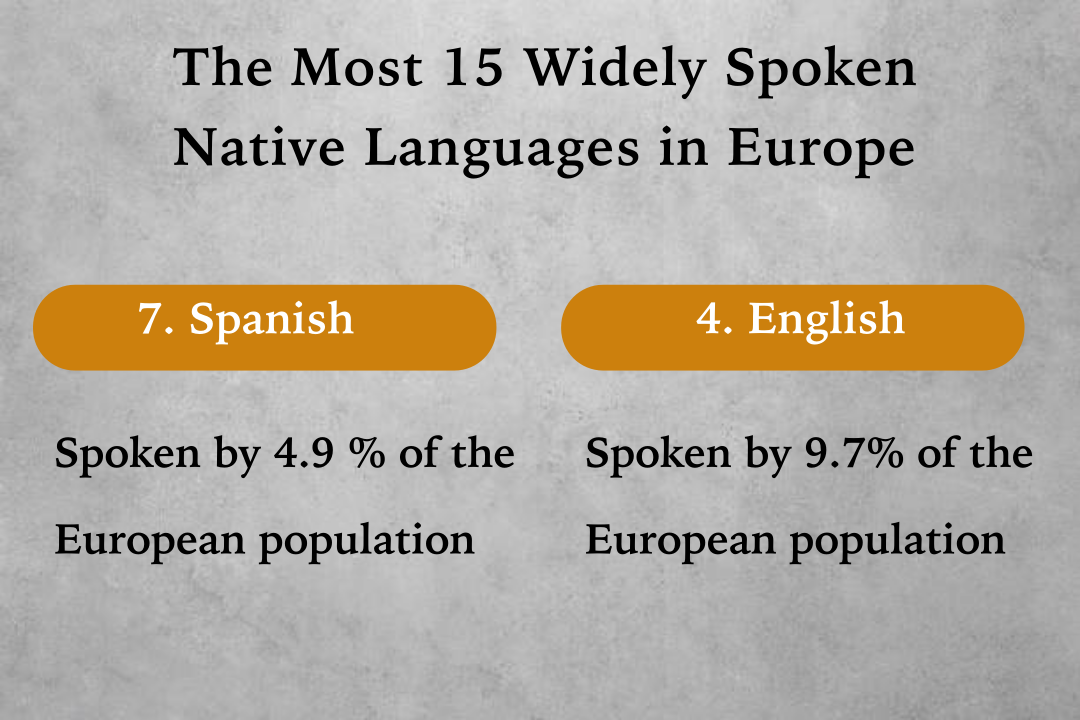Our names are a fundamental part of our identity, and they can reveal a lot about our personality. From the way it is spelled, to the sounds it carries, our names can tell stories about our past, our culture, and even our character. In this article, we will explore how the sound of your name can show your personality, and provide more concrete examples to illustrate this point.
Thank you for reading this post, don't forget to subscribe!- Emily: The long “E” and “M” sounds in this name give it a friendly and approachable sound, and might be associated with extroversion, warmth, and openness.
- Jacob: The hard “J” and “K” sounds in this name give it a strong and confident sound, and might be associated with assertiveness, determination, and leadership.
- Sophia: The soft “S” and “F” sounds in this name give it a gentle and elegant sound, and might be associated with creativity, sensitivity, and sophistication.
- Ethan: The short “E” sound in this name gives it a sharp and decisive sound, and might be associated with intelligence, ambition, and precision.
- Olivia: The long “O” and “V” sounds in this name give it a warm and inviting sound, and might be associated with friendliness, empathy, and compassion.
- William: The hard “W” and “M” sounds in this name give it a powerful and confident sound, and might be associated with leadership, determination, and ambition.
- Ava: The soft “A” and “V” sounds in this name give it a gentle and soothing sound, and might be associated with creativity, empathy, and compassion.
- Benjamin: The hard “B” and “N” sounds in this name give it a strong and assertive sound, and might be associated with leadership, confidence, and determination.
- Mia: The long “I” sound in this name gives it a sharp and decisive sound, and might be associated with intelligence, ambition, and precision.
- Alexander: The hard “X” and “L” sounds in this name give it a powerful and dynamic sound, and might be associated with leadership, determination, and ambition.
- Emma: The short “E” sound and soft “M” sound in this name give it a gentle and approachable sound, and might be associated with kindness, empathy, and compassion.
- Noah: The short “O” and hard “N” sounds in this name give it a sharp and decisive sound, and might be associated with intelligence, precision, and determination.
- Charlotte: The soft “C” and “L” sounds in this name give it an elegant and sophisticated sound, and might be associated with creativity, sensitivity, and refinement.
- James: The hard “J” and “M” sounds in this name give it a powerful and confident sound, and might be associated with leadership, determination, and ambition.
- Isabella: The long “I” and “B” sounds in this name give it a strong and assertive sound, and might be associated with intelligence, determination, and creativity.
- Michael: The hard “M” and “L” sounds in this name give it a powerful and dynamic sound, and might be associated with leadership, ambition, and confidence.
- Lily: The soft “L” and “Y” sounds in this name give it a gentle and soothing sound, and might be associated with kindness, empathy, and compassion.
- David: The hard “D” and “V” sounds in this name give it a strong and decisive sound, and might be associated with intelligence, ambition, and precision.
- Grace: The soft “G” and “S” sounds in this name give it a gentle and elegant sound, and might be associated with kindness, empathy, and compassion.
- Christopher: The hard “K” and “R” sounds in this name give it a strong and confident sound, and might be associated with leadership, determination, and ambition.
The sound of a name is shaped by its syllables, vowels, and consonants, and each of these elements can be associated with different personality traits. For instance, names that contain strong, hard consonants like “K,” “T,” and “P” are often linked to power, determination, and assertiveness. Names like Kenneth, Taylor, or Parker, all contain strong, hard consonants that provide them with a robust and dynamic sound. People with names like these are often perceived as confident, ambitious, and persistent.
On the other hand, names that contain soft consonants like “S,” “L,” and “M” are often linked to creativity, empathy, and compassion. Names like Sarah, Lily, or Maxime, all contain soft consonants that produce a gentle and soothing sound. People with names like these are often perceived as imaginative, sensitive, and caring.
Vowels, on the other hand, can influence how the sound of a name is perceived. Names that contain long vowel sounds like “A,” “E,” and “O” are often associated with friendliness, extroversion, and openness. For example, names like Amelia, Emily, or Oliver, all contain long vowel sounds that give them a warm and inviting sound. People with names like these are often perceived as outgoing, friendly, and approachable.
Names that contain short vowel sounds like “I,” “U,” and “Y” are often associated with intelligence, elegance, and sophistication. For instance, names like Liam, Jude, or Lucy, all contain short vowel sounds that give them a sharp and sophisticated sound. People with names like these are often perceived as intelligent, refined, and cultured.
It’s worth noting that the cultural and historical context of a name can also influence how its sound is perceived. For instance, the name “Muhammad” contains a “D” sound that might be associated with assertiveness and strength, but it also carries a cultural and religious significance that cannot be dissociated from its sound. In other cases, a name might be associated with a specific historical period, such as the name “Hippolyte,” which is more common in ancient Greek mythology than in modern society.
Ultimately, the sound of a name is just one aspect of how it can show personality, and it should not be relied upon too heavily. There are many other factors that can influence how a name is perceived, such as the individual’s personal experiences and characteristics, the meaning of the name, or even the way it is spelled.
For example, a person named “Kaitlyn” might be perceived as friendly and outgoing because of the long vowel sound in her name, but she might also be perceived as confident and assertive because of the strong “K” and “T” sounds in her name. Similarly, a person named “Lila” might be perceived as creative and sensitive because of the soft consonants in her name, but she might also be perceived as intelligent and sophisticated because of the short “I” sound in her name.
Moreover, the sound of a name can be subjective, and what one person finds strong and confident, another person might find harsh or aggressive. For instance, a person might perceive the name “Cameron” as powerful and assertive because of the “K” and “M” sounds in it, while another person might find it uninviting or intimidating.







